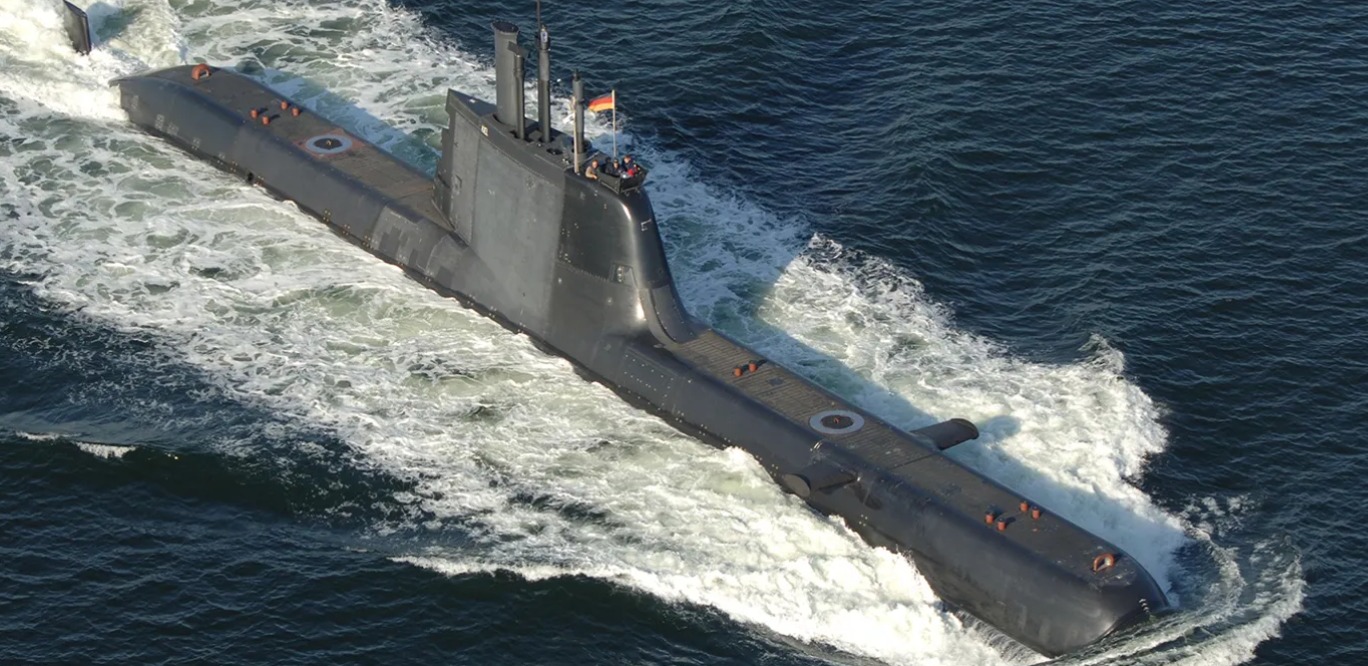Game-Changing Submarine Technology for the Indian Navy
Key Ideas
- The Indian Navy's Project-75I aims to acquire six submarines with Fuel Cell AIP technology and Lithium-ion batteries for enhanced stealth and endurance.
- ThyssenKrupp's 214-class submarines, tailored for the Indian Navy, offer advanced AIP technology, sensor systems, and combat capabilities.
- The AIP technology allows submarines to remain submerged for extended periods, increase stealth, and operate with greater efficiency, fulfilling Indian Navy's requirements.
- Non-nuclear AIP-enabled submarines are cost-effective, easier to maintain, and crucial for enhancing India's submarine fleet strength and operational capabilities.
The Indian Navy's Project-75I is focused on acquiring six advanced submarines equipped with Fuel Cell Air-Independent Propulsion (AIP) technology and Lithium-ion batteries. These submarines, designed to enhance the Navy's stealth and endurance capabilities, will have the ability to lurk in the depths of the ocean for extended durations while also being capable of high-speed maneuvers when required. ThyssenKrupp, a leading German shipbuilder, is positioned as a frontrunner to secure the contract, offering its 214-class submarines customized to meet the Indian Navy's specific requirements. The integration of advanced AIP technology, sensor systems, and combat capabilities in these submarines is aimed at providing the Indian Navy with a game-changing edge in maritime operations.
The AIP technology, powered by hydrogen fuel cells, allows the submarines to operate silently, remain submerged for prolonged periods, and launch torpedoes stealthily. The submarines' operational efficiency is further enhanced by their ability to 'bottom' or sit on the ocean floor to conserve energy, extending their operational time. These non-nuclear AIP-enabled submarines offer cost-effective solutions compared to their nuclear-powered counterparts, making them a strategic choice for the Indian Navy's fleet expansion.
The article highlights the significance of efficient energy systems for the Indian Navy and the critical role that AIP technology plays in enhancing the submarines' operational capabilities. With the German government's support and the sea-proven technology offered by ThyssenKrupp, the Indian Navy is poised to strengthen its naval defense with state-of-the-art submarine technology.
